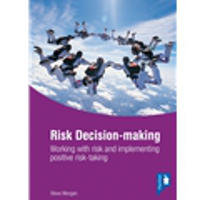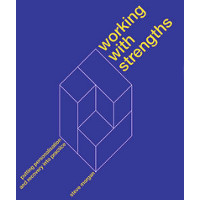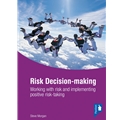Creative Best Practice (a four-part trilogy!?)
 Sunday, September 21, 2014 at 9:00PM
Sunday, September 21, 2014 at 9:00PM Working as a case manager I am fully aware of the importance of skillful care coordination for the most successful clinical and social outcomes for people needing health and social care services. This is also why I published 'The Art of Coordinating Care' in 2009, to promote a values-based approach to the creative thinking required in this role.
 Contact with different types of teams reinforces my appreciation of the need to carefully consider how we assess, manage and take risks for positive outcomes... in our own lives as well as our work with others. This is also why I published 'Risk Decision-Making' in 2013 as guidance for promoting best practice in making carefully reasoned and defensible risk decisions.
Contact with different types of teams reinforces my appreciation of the need to carefully consider how we assess, manage and take risks for positive outcomes... in our own lives as well as our work with others. This is also why I published 'Risk Decision-Making' in 2013 as guidance for promoting best practice in making carefully reasoned and defensible risk decisions.
Working with people in teams, in organisations, and with those in need of services has reinforced my long-standing belief in the importance of developing strengths rather than overly focusing on fixing weaknesses. This is also why I published 'Working with Strengths' in 2014 to draw together the evidence, influences and guidance for keeping us focused on excellence rather than driving mediocrity.
The weekly podcast show 'The Strengths Revolution' commenced in April 2014 to reinforce all of the above messages about genuine strengths-based person-centred ways of working and being. Creative coaching and practice development is also available through the Practice Based Evidence consultancy.







